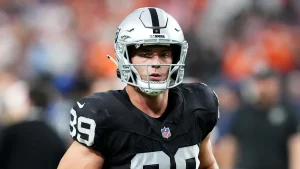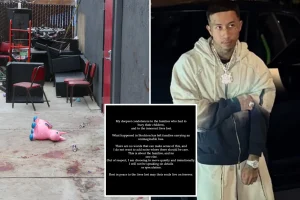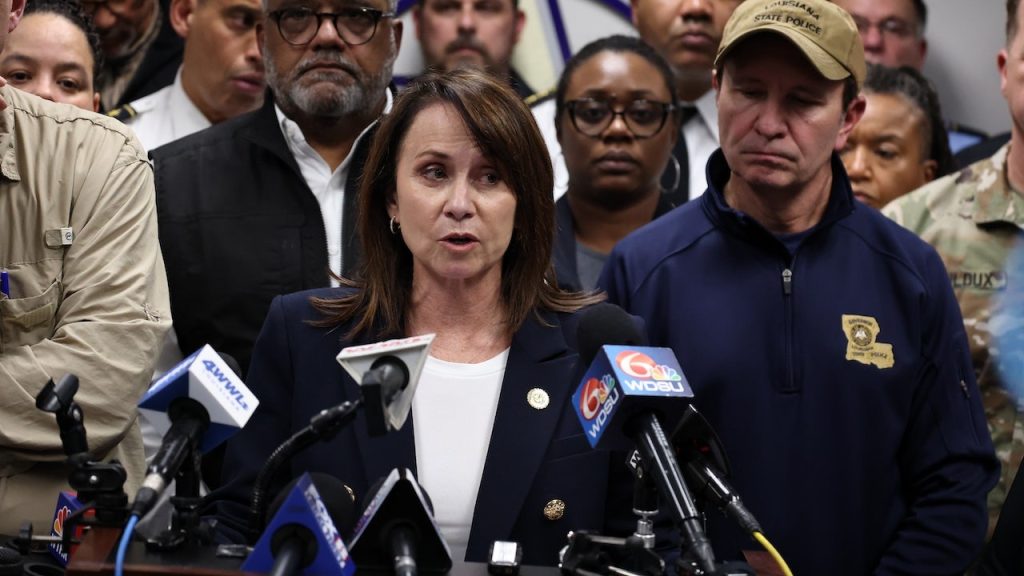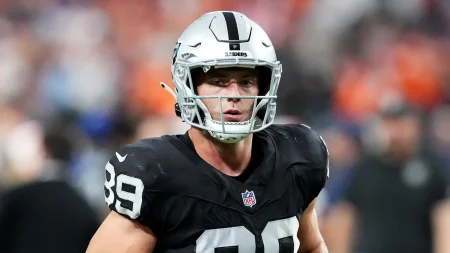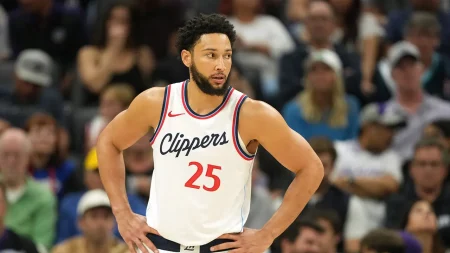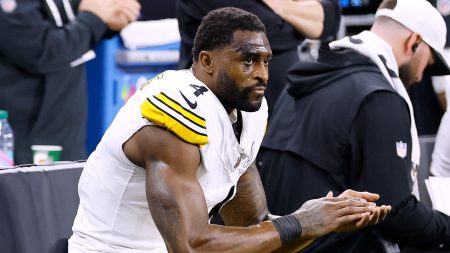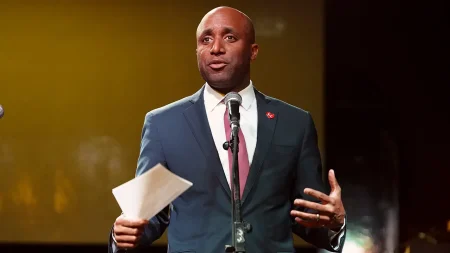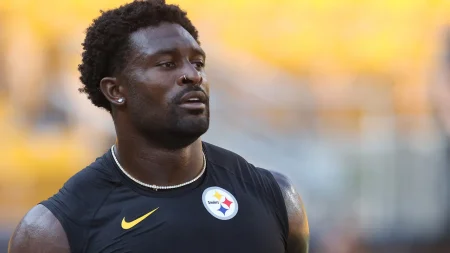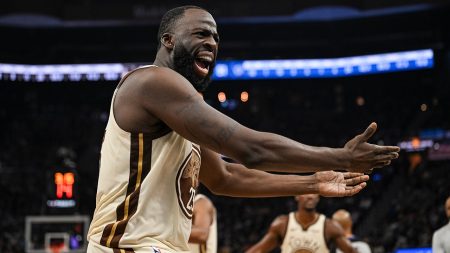The postponement of the Sugar Bowl following a deadly attack in New Orleans sparked a debate about balancing public safety, logistical considerations, and the symbolic message conveyed by altering scheduled events in the face of terrorism. Louisiana Attorney General Liz Murrill, while acknowledging it wasn’t her decision, advocated for a further postponement of the game to Friday, citing the ongoing crime scene investigation and the recent removal of victims’ bodies. Despite her concerns, she reassured the public that the community remained safe. The attack, which claimed the lives of 15 people on Bourbon Street, occurred just a mile from the Superdome, the venue for the Sugar Bowl, and near the hotels housing the Georgia and Notre Dame teams.
The attack, perpetrated by Shamsud-Din Jabbar, involved driving a truck into a crowd and exchanging gunfire with law enforcement. The discovery of an ISIS flag in the vehicle, along with weapons and potential explosive devices, prompted an FBI investigation into Jabbar’s potential links to terrorist organizations. The FBI also indicated that Jabbar may not have acted alone, further complicating the investigation and raising security concerns. The proximity of the attack to the Superdome and the teams’ hotels led to both schools implementing shelter-in-place orders, highlighting the immediate safety concerns following the incident.
The decision to postpone the game by only 24 hours, to Thursday afternoon, drew mixed reactions. Some, like conservative commentator John Ziegler, argued against the postponement, claiming it achieved nothing tangible for the victims and conceded to the terrorists’ aims. He also emphasized the logistical and financial burdens placed on the tens of thousands of fans who had traveled to New Orleans, with many facing hotel and flight complications due to the change. This perspective underscores the significant economic and personal disruption caused by such decisions.
Conversely, others, such as Barstool Sports founder Dave Portnoy, dismissed criticisms of the postponement, arguing that ensuring the area’s security and taking necessary precautions did not constitute a victory for the perpetrators. This viewpoint prioritized public safety and the need for thorough investigation and security measures above the inconveniences caused by the delay. The contrasting opinions highlight the difficult balance between respecting the victims, ensuring public safety, and minimizing disruption.
Allstate Sugar Bowl CEO Jeff Hundley emphasized the prioritization of public safety and expressed confidence in the authorities’ handling of the situation. He acknowledged the tragedy and the need to work through the logistical implications of the postponement while aiming to maintain the Sugar Bowl’s reputation as a safe and enjoyable event. This statement sought to reassure the public and stakeholders while acknowledging the gravity of the situation and the need for adjustments.
The College Football Playoff executive director, Rich Clark, echoed the sentiments of condolence and gratitude for the collaborative efforts of various authorities in ensuring a safe environment. The joint statement from Hundley and Clark reflects the unified response from the organizers and governing bodies, emphasizing public safety and cooperation with law enforcement. The incident and its aftermath underscore the complexities of managing major events in the face of unforeseen security threats and the importance of balancing competing concerns in making difficult decisions.

